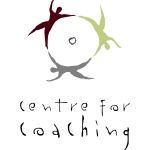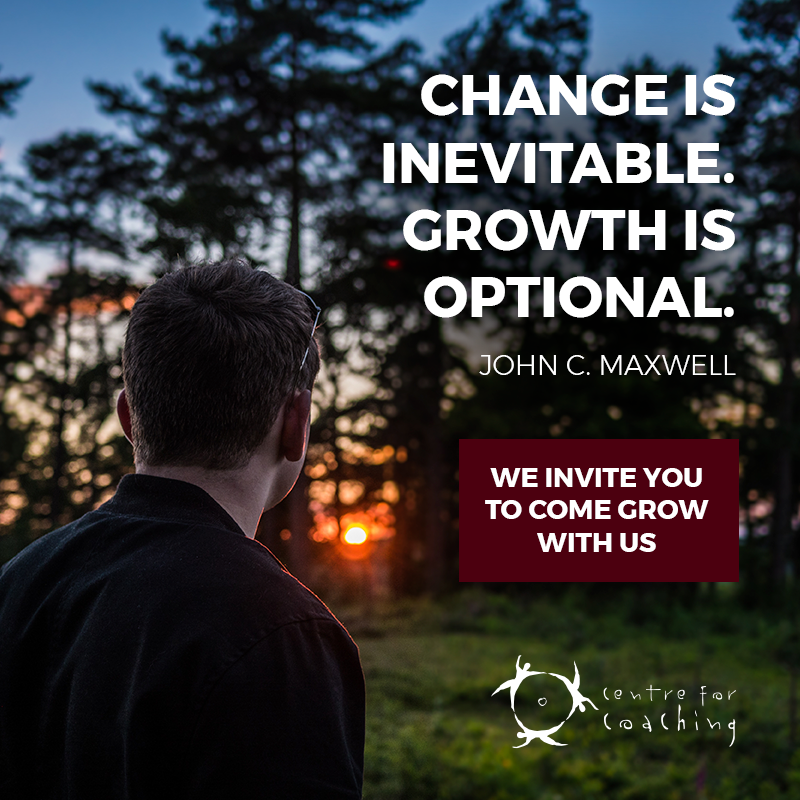How the Centre is contributing to individual coaching training and to shifting cultural and leadership styles in the workplace
 The Graduate School of Business (GSB) at the University of Cape Town (UCT), together with The Centre for Coaching (Pty) Ltd, opened the Centre for Coaching in South Africa in 2002. This bold initiative was born out of a realisation that although executive and life coaching was well established in America and Europe, in South Africa it was a fairly new phenomenon. The Centre has now been established for 12 years and is well on its way to becoming the de facto standard for coaching excellence and spearheading the growth of personal and professional coaching into corporate South Africa.
The Graduate School of Business (GSB) at the University of Cape Town (UCT), together with The Centre for Coaching (Pty) Ltd, opened the Centre for Coaching in South Africa in 2002. This bold initiative was born out of a realisation that although executive and life coaching was well established in America and Europe, in South Africa it was a fairly new phenomenon. The Centre has now been established for 12 years and is well on its way to becoming the de facto standard for coaching excellence and spearheading the growth of personal and professional coaching into corporate South Africa.
The Centre currently offers coaching education and training to coaches, managers and leaders. This training is for individuals who want to become coaches, or to acquire coaching skills to incorporate into their daily lives as well as for organisations that want to develop coaching interventions to shift cultural and leadership styles in the workplace.
The Centre contributes to the GSB in a number of other ways:
1 An elective on the MBA – one of the largest electives on the MBA and has run every year since 2003. 2 The Centre offers free one-on-one coaching for any member of the MBA class who requests it. 3 The Centre offers free one-on-one coaching for any member of the GSB staff who requests it. 4 The Centre has played a role in providing one-on-one coaching and/or input on proposals to organisations on Executive Education programmes as and when requested. 5 The Centre has since 2012 partnered with the UCT Vice-Chancellor and Director of Human Resources on the UCT 360’ Leadership Development Project. This was initiated with two aims, firstly to create a culture of effective and transformative leadership at UCT, and secondly to improve client service and / or team relationships within departments / teams / divisions. The Centre has provided all the external 1-on-1 coaching for this initiative which has seen more than 67 members of both academic and PASS staff coached, starting with the Senior Leadership Group in 2012 and then rolling out to the HoD levels in 2013 and beyond in 2014. The Project members meet quarterly with the Vice-Chancellor and to date the intervention has been deemed successful with the mandate given to continue into 2015. 6 A new partnership with graduates from the Centre in Switzerland has seen the launch of the 6-month coach training programme (ACC) in Geneva in 2014. For more information on the kick-off of the programme, click here. Following the second session in December 2014, Janine Everson, Academic Director of the Centre, will be giving a number of talks and roundtable evenings in the Geneva area. 7 Conferences:
USA (2013): San Francisco Global Integral Coaching Conference (called the ‘Unconference’) – attended by both Directors of the Centre, one of whom gave the opening speech and the other held the role of Master of Ceremonies for the 3-day event. There was good representation from South Africa with around 15 coaching graduates from the Centre present amongst the 250 delegates.SWITZERLAND (2014): “Horizontal vs. Vertical development – how Integral Coaching goes beyond goal-setting” – The Centre delivered an interactive 2-hour presentation to the International Coach Federation Swiss-Romande chapter in September 2014, attended by over 40 qualified professional coaches based in Switzerland.
These offerings enhance the GSB’s curricula to be at the forefront of management education while at the same time adding credibility to the coaching industry on a global scale.

Craig running a Somatics Master Class
The Directors of the Centre, Craig O’Flaherty and Janine Everson also deliver programmes and interventions internationally to multinational global corporations. The corporate connections enjoyed by the Centre for Coaching are far-reaching. A vast number of blue-chip South African organisations have sent at least one senior executive to our training courses and some corporates have subsequently asked for leadership training as well as further coaching and mentoring. The key objective of the work done at the Centre for Coaching is to address the development needs of organisations by providing leaders and managers with relevant and applicable coaching skills, tailored to their organisation’s culture, leadership profile and strategic objectives.
The Centre has a particular passion and expertise in supporting the development of leaders who are able to cope with the cultural and business diversity and pressures generated by emerging market conditions. One programme run by the Centre at the GSB for Chevron South Africa, for example, has been awarded BBBEE status, as it focuses particularly on leaders of colour who have been earmarked for rapid promotion and transition through the workplace. The success of this programme, which is now in its 3rd year, is such that it won the Chevron Global external training programme award in 2013 out of all programmes delivered externally to Chevron employees world-wide. It is now seen as the flagship leadership development programme at Chevron.

The Centre runs coaching interventions throughout Africa, the Middle East, Australasia, in both Eastern and Western Europe, Russia, Central Asia and Singapore. Examples of top clients include Chevron, Pearson publishers, British American Tobacco, Barclays Bank, ABSA bank, Nedbank Property Finance.
The spirit the GSB espouses – namely to upskill leaders in emerging markets – is particularly relevant for this work we do, as we have found that no matter where we go in the world, because this philosophy and approach to leadership is so focussed on the humanity of the human beings conversing (rather than a conceptual model lodged in a first world paradigm), the work we offer finds traction and resonates not only in the First World but also wherever it goes. This includes not only in all communities of South Africa, but also throughout Africa in countries such as Uganda, Kenya, Malawi, Egypt as well as elsewhere in the emerging markets of the world such as Papua New Guinea, Fiji, Solomon Islands, Singapore, New Zealand, Kazakhstan, Uzbekistan, Ukraine, Saudi Arabia, UAE.





